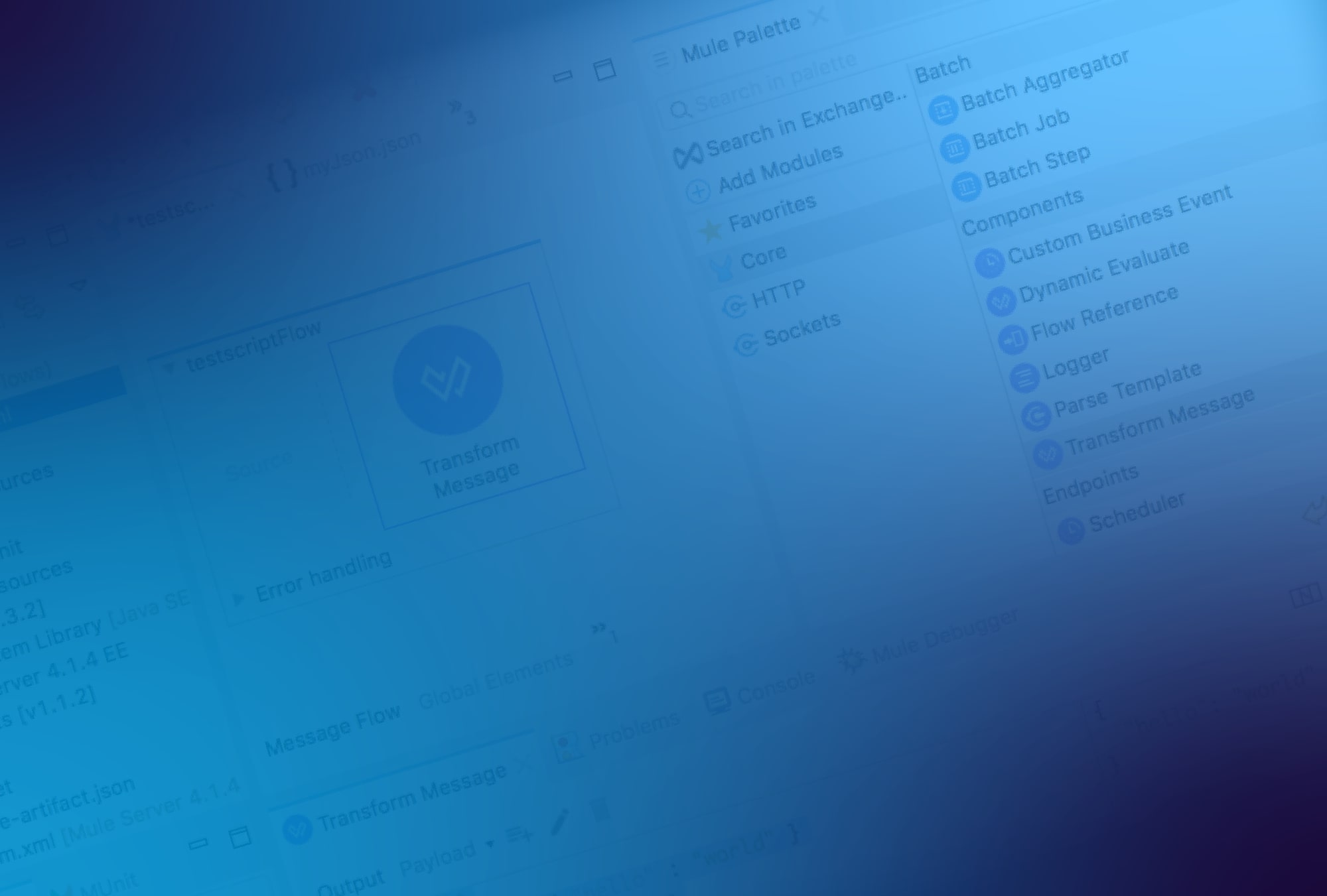- Services
- Solutions
- Technologies
- Resources
- About
-
- +44 (0)203 743 8014
×

)
)
This instructor-led course is for API designers, developers, and architects who want to get hands-on experience creating well-designed, modular API definitions using RAML 1.0 and Anypoint Platform.
2 days in-person
2 days online
Intermediate
At the end of this course, students should be able to:
There are no course prerequisites.
You'll learn MuleSoft from some of the best trainers in the industry. The training will be tailored to your needs and budget. We can arrange training for your employees (groups for up to 12 people) whenever it suits you. We'll even adapt the standard MuleSoft courses according to your requirement.
Not the course you were looking for? We have a range of courses to suit everyone.
Want to train up your team to effectively use APIs? Book an enquiry and get instructor-led training from official MuleSoft partners.
We are passionate and share the joy of igniting ideas to fuel business visions. We are confident and are not afraid to boldly go where we’ve never been. We are also very friendly and approachable people who love to solve problems. Give our curious intelligent learners a challenge and we will make it work.
[fa icon="phone"]+44 (0)203 743 8014
[fa icon="phone"]+44 (0)203 875 5669 (Support)
[fa icon="envelope"]info@infomentum.co.uk
[fa icon="map-marker"]7th Floor
68 King William Street
London, EC4N 7HR, UK